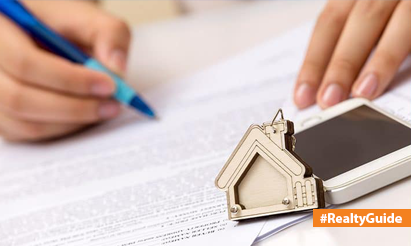4 Points to Remember for Fast Property Registration
To lawfully transfer property into your name, you must first register it under the rules of the Registration Act of 1905, after paying stamp duty and registration fees. This guide will assist you in preparing for the day when you visit the sub-office registrars to register your property.
Carry the necessary documentation.
Organize a list of the papers you will need at the time of property registration before the appointment. It is best to bring original paperwork, photocopies of IDs, residence verification, payment information, and property documents.
Documents necessary contain, but are not restricted to:
- Original selling agreement with one set of copies.
- Two passport-size pictures of both the seller and the buyer, as well as copies of the paperwork
- e-Stamp paper with the appropriate stamp duty value
- Receipt of e-Registration Fee with Undertaking/Affidavit
- If the transaction exceeds Rs 5,00,000, a self-attested copy of the PAN Card or Form 60 is required.
- Genuine identification documents for the buyer, seller, and witnesses (voter card, PAN card, passport, driving licence or Aadhaar card).
- In the case of agricultural land, NOC.
- The Aadhaar card.
Application rejection
The sub-registrar may reject your property registration application on the following grounds:
- If all of the paperwork is incorrect or missing.
- If there are any errors in the draught.
- If there are any factual inconsistencies.
- If there is any overwriting in the deed.
- If the property is not under the authority of the sub-registrar.
- If the seller is a minor, is not of sound mind, or lacks the legal authority to sell.
- If the seller’s identity cannot be verified.
- If there is a discrepancy between the original documents and the supporting documents.
- If the deed is subject to a legal stay order.
- If the sum in the deed is less than the circle rate.
Online appointment scheduling
For most Indian states, you must arrange an online appointment with the sub-office registrar for property registration as the country becomes more digital. You are required to be present in the office during a particular time frame.
Payment over the internet
The online appointment with the sub-office registrar can only be scheduled after you have paid the stamp duty, registration fees, and TDS deduction, if necessary, online. Copies of all of these receipts must be given when making the appointment.
Disclaimer: The views expressed above are for informational purposes only based on industry reports and related news stories. PropertyPistol does not guarantee the accuracy, completeness, or reliability of the information and shall not be held responsible for any action taken based on the published information.




